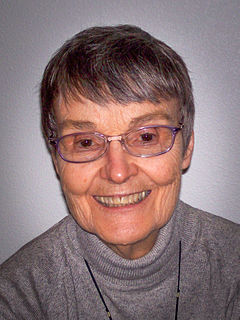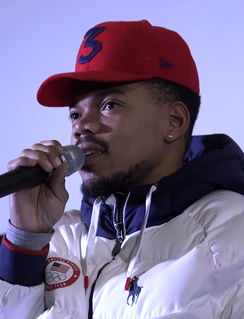A Quote by Edward Boyden
Unlike optogenetics, where there are existing nonprofits that give away the DNA for free or at cost, expansion microscopy requires chemicals to be used, so having a company that makes the chemistry kit that anybody can use can save time.
Related Quotes
On the Internet, there are an unlimited number of competitors. Anybody with a Flip camera is your competition. What makes it even worse is that YouTube is willing to subsidize the cost of your bandwidth. So anybody can create and distribute for free basically, but the real cost is marketing. And that's always the big cost - how do you stand out and what's the cost of standing out? And there's no limit to that cost.
You are not exposed to one chemical at a time, but a complex mixture of chemicals that changes day by day, hour by hour, depending on where you are and the environment you are in... In the United States alone it is estimated that over 72,000 different chemicals are used regularly. Two thousand five hundred new chemicals are introduced annually-and of these, only 15 are partially tested for their safety. Not one of the chemicals in use today has been adequately tested for these intergenerational effects that are initiated in the womb.
The important point is that the cost of adding a feature isn't just the time it takes to code it. The cost also includes the addition of an obstacle to future expansion. Sure, any given feature list can be implemented, given enough coding time. But in addition to coming out late, you will usually wind up with a codebase that is so fragile that new ideas that should be dead-simple wind up taking longer and longer to work into the tangled existing web. The trick is to pick the features that don't fight each other.
I heard Zen teacher one time talking about abortion, and he was saying the way that abortion makes bad karma is any time the person involved pretends that there's not a cost to the choice, one way or the other; whether you get it or don't get it, there's a cost. That's just basic responsibility, to admit that there's a cost. And the bad karma is when you pretend that the thing is free.
We are working to understand and regulate per- and polyfluoroalkyl synthetic chemicals, known as PFAS and PFOS, used to make water-repellent fabrics and non-stick products. These chemicals have been in prevalent use since the 1940s, but we need to learn more about their potential effects on human health and the environment.































